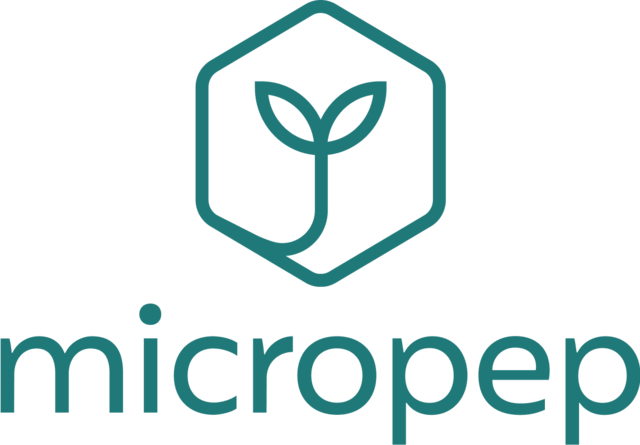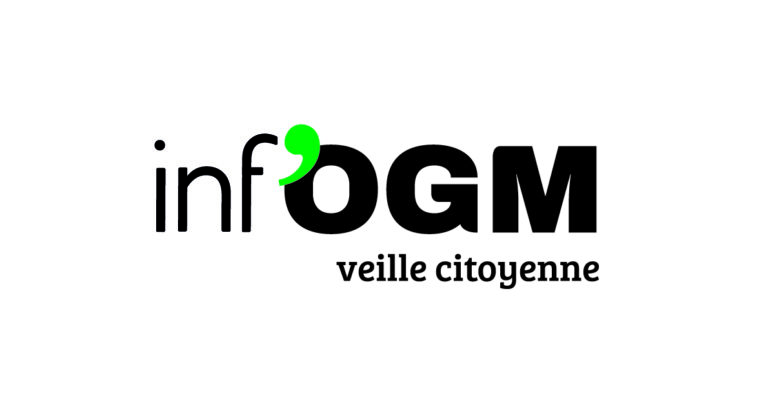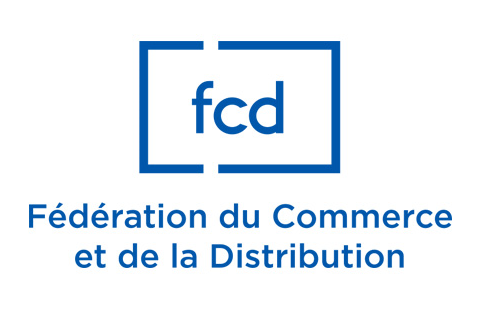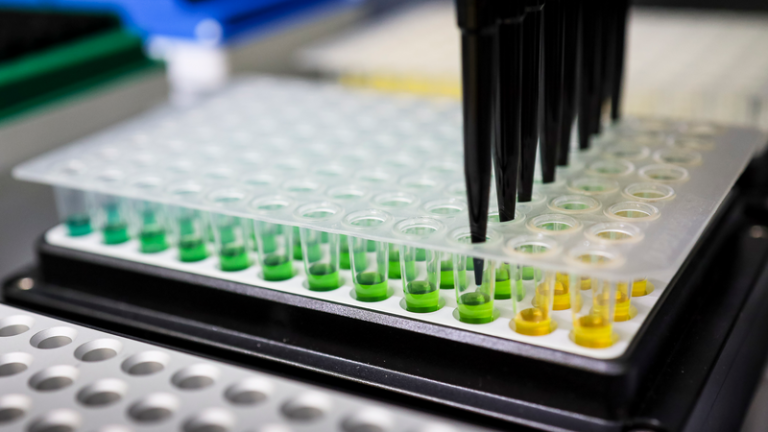
Authorization
Fungicide and herbicide micropeptides on Europe’s doorstep?
Toulouse-based Micropep Technologies has just had one of its fungicidal micropeptides approved in the United States. The technology, developed and patented by this CNRS spin-off, is aiming for European approval by 2030. However, these micropeptides are raising questions about their potential impact on ecosystems.

Ethic
“Essentially biological process”, a definition shaken up
During the parliamentary work on the proposal for a European regulation on plant reproductive material, known as the “seeds regulation”, a question arose: should so-called “non-targeted mutagenesis” be considered as an “essentially biological process”? As these processes are excluded from patentability, the question may seem important. But such a decision would not be without consequences for the regulation of GMOs.

Transparency & Cie
2024, a year of vigilance on the GMO file
The European Commission’s proposal to deregulate GMOs made in 2023 will not have come to an end before the European elections, as its promoters had hoped. However, beside the fact that this proposal is not the only file concerning GMOs, the forthcoming period of suspension of European parliamentary work could be used for bilateral discussions.

Contamination
A Dutch seed company faces up to KWS patents
Inf’OGM interviewed a Dutch seed company that has developed a cold-resistant “organic” maize and that feels threatened by KWS patents. She tells us the story of her company Nordic Maize breeding, of her certified organic maize, of its likely future contamination by GMOs/NGTs…

Analysis / Detection
French retailers want GMO/NGT to be regulated
When it comes to GMOs, french retailers say they are guided by two main principles: the application of the precautionary principle, and the traceability and consumer information. In France, this stakeholder in the agri-food sector has reservations, to say the least, about the proposed deregulation of GMOs. In June 2023, at the invitation of Anses experts, the french trade and retailing federation (Fédération du Commerce et de la Distribution), currently chaired by the CEO of Carrefour, shared its thoughts.

Analysis / Detection
European and French experts consulted too late on GMO/NGTs ?
While the European Union has been discussing GMO deregulation since July 2023, European and French scientific experts have been and continue to be quite ignored. In France, although the opinion of the Anses was required as early as 2021, its publication took place in March 2024, a month after the vote by MEPs. The latter decided to consult their european experts after the vote, rather than before. However, in order to deliver its opinion in July 2024, the EFSA will make an exception to its procedure: it will not organize a public consultation…

Non-transgenic GMO
Patents pose a real threat to two plant breeders
Since autumn 2023, the issue of patents has come to the fore in the debates surrounding the deregulation of GMOs. Some Member States and MEPs are concerned about the impact of agro-industry patents on the rest of the agricultural sector. History shows that the threats they represent are very real indeed. Here are two examples of seed companies whose products are targeted by such threats.

Covid19
“Gain of function” in viruses: research in question
A gain of function (GOF) is an action taken on a micro-organism to give it a new function. Similarly, loss of function is sometimes also sought using identical techniques. We will include this in GOF. What does gain of function mean? Let’s take an example. Suppose a virus is specific to an animal species and […]

Authorization
GMO plants, bacteria, viruses and animals: can they all be deregulated?
When the European Commission proposed, on 5 July 2023, to deregulate GMOs, it specified that only plants would be concerned. It even asked to officially state that this deregulation would not apply to “microorganisms, fungi and animals for which the available knowledge [on safety] is more limited“. But it does not mention having begun to […]

